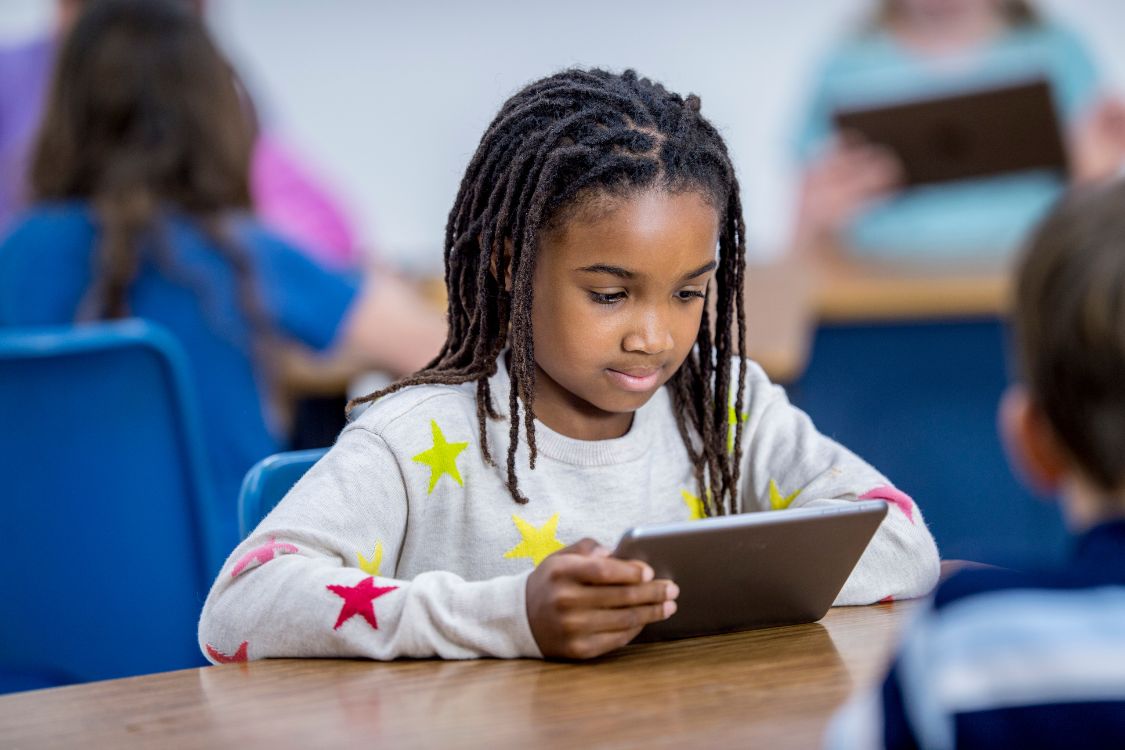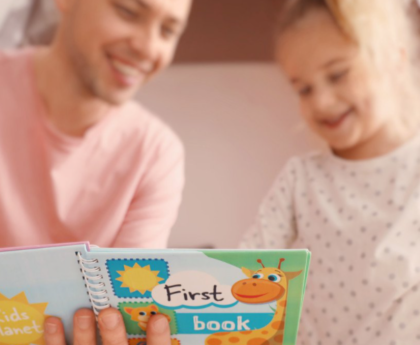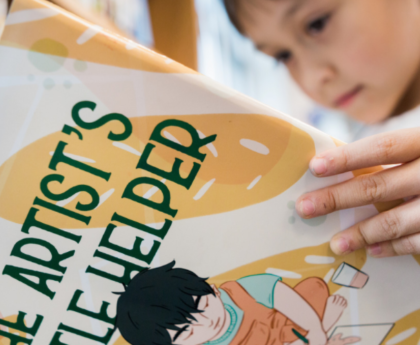Learning apps are valuable tools in children’s education today. As digital natives, young students can benefit from online educational programs that are engaging, entertaining, and effective.
But with so many options available in the app store, how do you know which apps to choose?
If you’re a parent or educator looking for the best kids’ learning apps, this guide is for you. Let’s explore what makes a good learning app, what features to look for, and how to use learning apps for the greatest results. Read to the end for examples and extra learning tips!
Children’s Learning Apps: Things to Consider
While limiting your child’s screen time is a healthy boundary, the screen time they do enjoy can be beneficial with the right apps. Early learning studies have shown that the use of touchscreen devices supports kids’ learning when used properly with parental guidance.
Additionally, learning apps should include specific features and methods to be most effective. Whichever subject you want to use a learning app for, consider the following important factors.
Child Development and Age
Learning apps should be age-appropriate and should suit your child’s developmental stage. Learning activities should be motivating and challenging to prevent your child from becoming frustrated or bored.
Educational Goals
Think about the top learning goals your child is set to achieve at this point in their development. This may include literacy, math, science, coding, music, language, or social-emotional skills. Some apps cater to every need, but it’s often helpful to seek apps that support a specific learning outcome.
Student Interaction and Engagement
Kids benefit most from being engaged in educational activities. Learning apps should have interactive lessons, gamified activities, and fun rewards to keep kids interested and engaged. The curriculum they use should also be backed by science.
Proven Teaching Methods
Look for educational apps that align with national or state standards so they complement classroom or homeschool learning. It’s also important to look for apps that utilize evidence-based, proven teaching methods rather than deliver solely entertaining content.
Personalized Learning
If a learning app can’t personalize learning activities for your child, think twice. Personalized learning contains an in-app assessment that determines the right starting point for your child. This ensures your child is not bored with activities that are too easy, or frustrated by tasks that are too challenging. Then, the app provides lessons that suit your child’s skill level so they can improve from there.
Best Learning Apps for Kids in Early Elementary
Now that you know some of the things to consider before trying a learning app, let’s look at some examples of helpful apps for young children.
Top Math Apps for Kids
Math learning apps should be fun and engaging while also being structured enough to build upon foundational skills. Here are two stand-out math apps for kids!
Dragonbox Math
Dragonbox Math is an award-winning Kahoot! learning game that makes K-3 math concepts easy to understand. Its Algebra 5+ game introduces linear math problems to children ages 5 to 8, helping kids develop important math skills for fun. There are several other math games to choose from, all featuring cute dragon creatures within motivation-based lessons.
Quick Math Jr.
Quick Math Jr. is a popular kids’ math app from the same developer as Quick Maths, a leading arithmetic app on the Apple store. The junior version is ideal for elementary school children ages 4-8. It features 12 engaging math games that cover fundamental math concepts. With its interesting animations and friendly characters, the app captures kids’ attention as they use their fingers to write their answers on the touchscreen.
Prodigy Math
For kids in first through eighth grade, Prodigy Math is popular among educators and parents. It’s a fantasy-themed math curriculum that uses games, competitions, and adaptive learning to fuel students’ knowledge and interest in math.
Helpful Science Learning Apps
Science apps can help get kids excited about early concepts while fueling their curiosity about life. Here are a few of the top kids’ science apps!
Science for Kids
Science for Kids by Tappity is a highly-rated science learning app. It covers hundreds of fun and exciting science topics, providing age-appropriate, funny video lessons. It also offers self-paced science activities so kids can practice what they learn.
Khan Academy Kids
One of the most popular science and math learning apps is Khan Academy, ranging from elementary lessons through college. For children ages 2-8, Khan Academy Kids includes many fun and engaging science activities! The app is free to download and trusted by educators around the world.
Language Learning Apps for Kids
Whether your child is learning English as an additional language or learning another foreign language, here are some popular language-learning apps to try.
Duolingo
Duolingo is one of the most well-known language apps for all ages. You can choose from dozens of languages to learn while enjoying personalized, science-backed lessons. It’s free to get started on any smartphone or tablet.
LingoDeer
LingoDeer has options for adults and children to practice fun and effective language learning. It’s known for its interactive practice lessons including audio, storytelling, and text.
Best Literacy & Reading App for Kids
“Learn to read” apps for kids are one of the most important types of educational apps because literacy is a precursor to lifelong learning. An effective reading app should implement the science of reading, and the five elements of literacy with fun, engaging activities.
Reading.com
The Reading.com App is a top-rated, highly effective literacy program for kids who are building the five fundamental skills of reading. It’s ideal for children ages 3-8, emphasizing educational bonding experiences between children and their parents. Its phonics-based, science-backed reading lessons help your child develop essential literacy skills while instilling a lifelong love of reading.
Kids Learning App for Literacy: Reading.com
To encourage competent literacy development, kids’ apps should include interactive features and equip parents with strategies to help their child with activities. When used at home, educational apps work best with parental guidance so that the child feels engaged, connected, and motivated through every level.
Reading.com supports reading development through:
- Digital storybooks: Interactive, decodable books that foster a love for reading.
- Phonics & Word Recognition: Games and activities to practice beginning letter sounds, blending, and vocabulary, helping your child build strong reading foundations.
- Personalized Learning: Lessons that support your child’s reading level, delivering activities that address their unique strengths and struggles.
- Printable Activities: To support offline learning reinforcement, print out helpful reading activities to play with your child.
Whether your child is beginning their literacy journey or needs help developing more advanced language skills, Reading.com is a leading example of what literacy apps should be. To see the app in action, get started with your 7-day free trial today!





